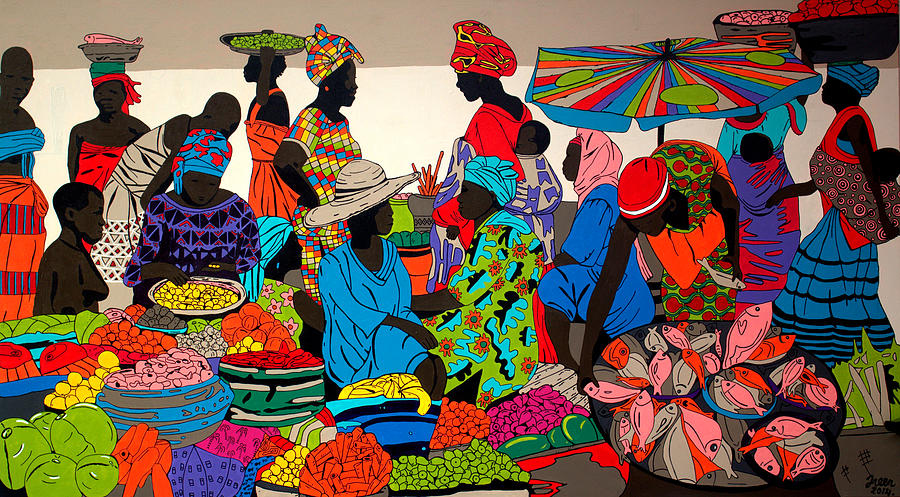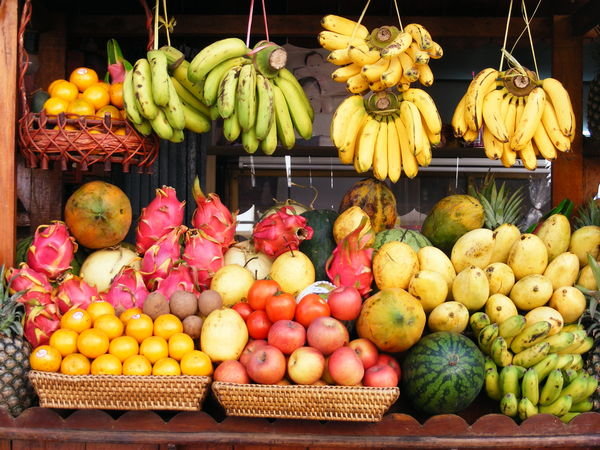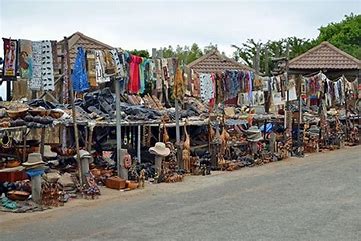Africa's Best Market Place
"I am an African, not because I was born in Africa but because Africa is born in me" - Kwame Nkrumah

Introduction on the market situation in Africa and how it affects the African women
In Cape Verde, as in many African countries, market women are vital to their local economies. As market traders, crocheters, seamstresses, even hairdressers, they are key contributors to their communities, not only through the goods and services they provide, but also because of the income they generate for their families and suppliers alike.
Those who sell fruits and vegetables, purchase their food products from countryside farms and transport them to the urban centers. Others buy from wholesalers in the city.


Whether the governments truly understand the importance of these entrepreneurs is debatable.
They provide low-cost food for the urban poor and low-income populations, as opposed to grocery stores which are generally more expensive.
The market women are discribed as micro-enterprise, the second major area of income-earning for women in Sub-Saharan Africa after agricultural production.
Market women are vital contributors in the food distribution system, especially in sub-Saharan African cities.

The problem
Women pay 100 escudos (about US$1.35, or about $500 a year) each day to rent space in the market. "I have to pay even if I sell nothing for the day" one of the women says. According to the World Bank, the average annual income for market women was $5,440 for 2003.
After research done in urban southwestern Nigeria and in urban Zimbabwe, women have to pay rental fees for their market spaces/sites, often to the City Council.
Some women pay additional fees. For example, those who sell clothing and other heavy, non-perishable items that cannot be moved back and forth between their home and the market each day, pay storage fees; others also pay security guards to protect their goods from theft at night.
Other problems that the Market Women had to deal with:
- Pay additional fees
Those who sell goods that can't be moved back and forth between their homes each day-pay storage fees - Others pay security guards
For overnight goods protection - Rotating credit schemes
The women have to ask informal banks for help in financing their ventures - Absent government protection
The solution is Africa's Best Market place:
- Allows merchants to create accounts and sell products online and edit their products by selecting their market location
- Helping small businesses get out of poverty
- Empower marketwomen to cross border trade, help create jobs, and alleviate poverty by not having to pay unnecessary fees
